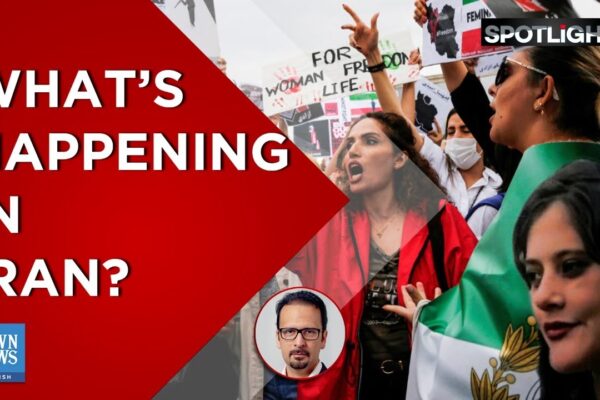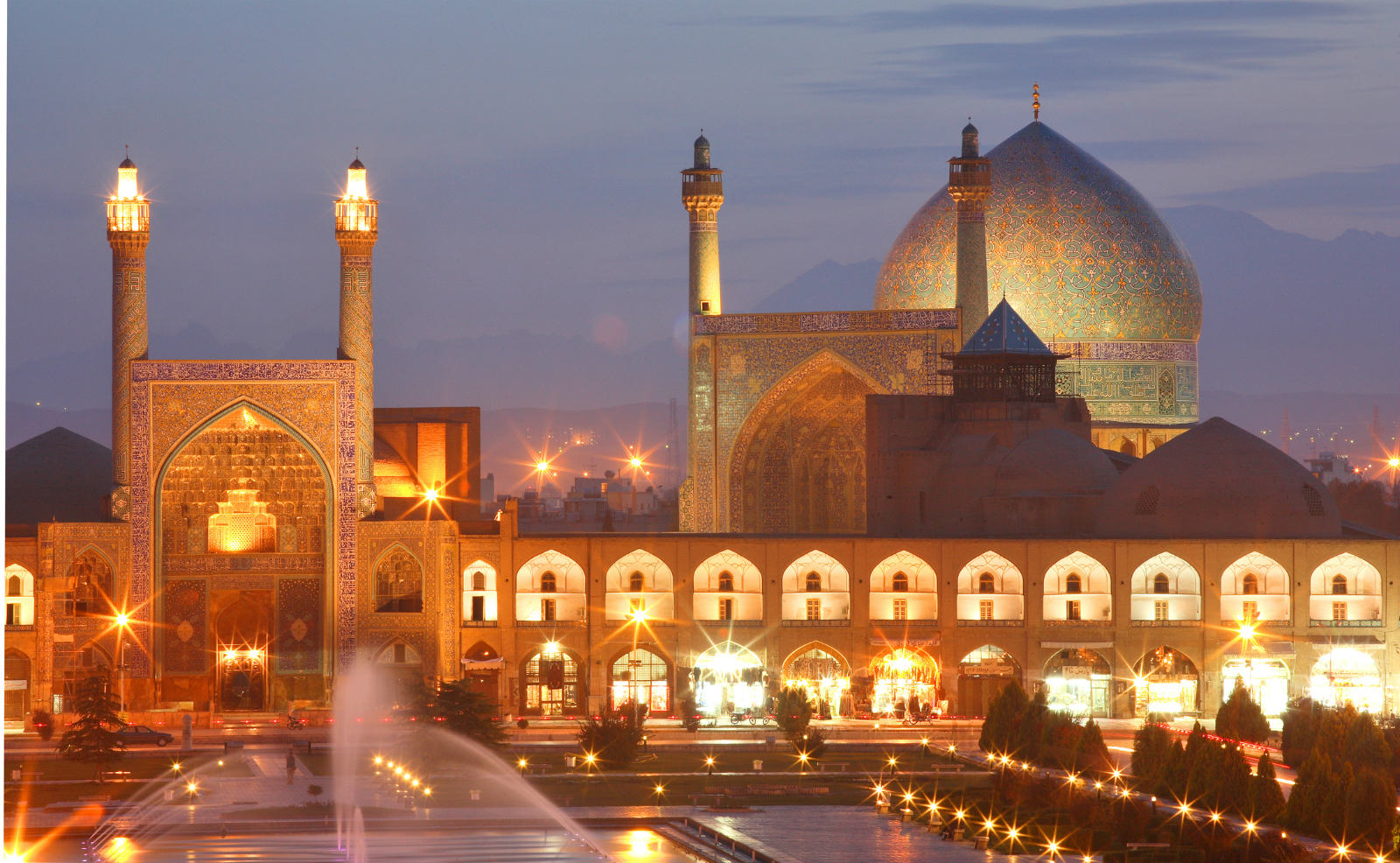
Introduction
Burma, also known as Myanmar, is a Southeast Asian nation that has been at the centre of global attention due to its ongoing political turmoil and rich cultural heritage. As the country grapples with the consequences of a military coup in 2021, the implications for regional stability and human rights are increasingly significant. Understanding the current events in Burma is essential for comprehending its historical context and future trajectory.
Recent Developments
Since the military coup on February 1, 2021, which resulted in the ousting of the democratically elected leader Aung San Suu Kyi, Burma has faced escalating violence and civil unrest. Numerous protests and acts of civil disobedience have emerged as citizens demand the restoration of democracy. In response, the military has intensified its crackdown, leading to widespread human rights violations. According to the Assistance Association for Political Prisoners (AAPP), over 23,000 individuals have been arrested, and thousands are believed to be still detained or missing as of late 2023.
International Response
The international community has reacted with concern, imposing sanctions on the junta and calling for accountability. The United Nations has urged countries to support the National Unity Government (NUG), which represents a coalition including deposed lawmakers and ethnic minorities opposing military rule. However, the effectiveness of these measures has been questioned, as the junta holds firm control over key sectors of the economy and military.
Humanitarian Crisis
The conflict has exacerbated a humanitarian crisis, displacing over 1.5 million people within Myanmar. Access to essential services such as healthcare and education has drastically declined, with the World Food Programme estimating that over 15 million people are facing food insecurity. Local NGOs and international agencies are striving to provide aid amidst challenging conditions, often risking their safety in the process.
Conclusion
The situation in Burma remains dire and complex, with deep-rooted historical issues intersecting with contemporary political challenges. As the international community watches closely, it is clear that the path forward will require sustained dialogue and engagement. Continued awareness and advocacy are vital to support the Burmese people’s struggle for democracy and human rights. The significance of developments in Burma resonate far beyond its borders, emphasising the interconnectedness of global human rights and political discourse.
You may also like

Understanding the Current Political Landscape in the UK

Current Events: What’s Happening in Iran
